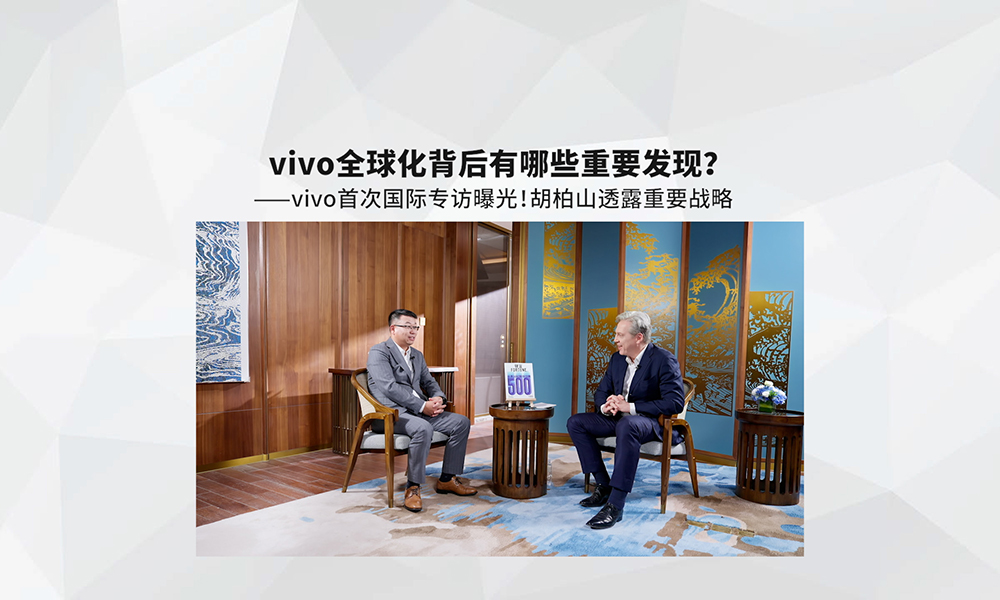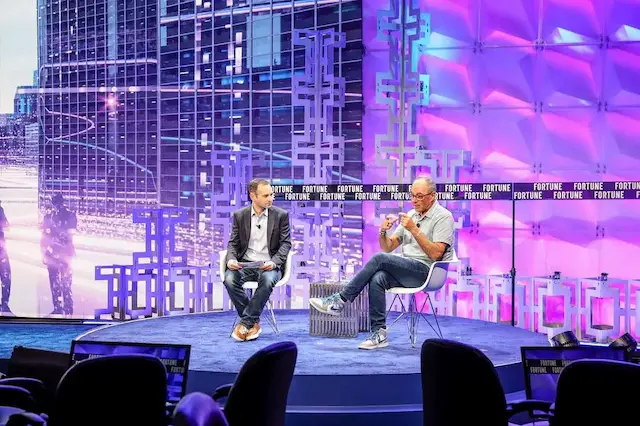管理大忌:三大致命的美好愿望
|
2. 要求员工更卖力地工作 一旦出现问题,人们很容易将其归咎于不够努力。很多人认为,只要再加把劲(通常说的是直接下属),服务就会得到改善。但这种观点可能忽略了一个事实,即系统架构本身就已经决定了员工难以提供令人满意的服务。 呼叫中心就是一个很典型的例子,而且它的星星很荒谬。呼叫中心往往要求员工最多需要关注8个屏幕,同时还要接听并处理来自全球各地来电者五花八门的问题。很多呼叫中心还对服务代表的通话时长进行计时,而且不得将来电转至上一级,即便他们没有权限和信息来解决来电者的问题。处在这种情况中,再努力也无济于事,因为员工的工作面临着很大的障碍。 有没有更好的办法?我们可以设计一套管理体系,让每个人轻轻松松就能拿出出色的表现。Zappos将服务代表视为公司建立客户关系的一线大使。服务代表有服务客户的工具和权力,每天24小时提供服务,同时公司还鼓励他们不计时长地接听电话。超长的通话时间甚至已成为服务团队的某种荣誉勋章。 对于那些服务遭到投诉的公司,我们的建议是别再告诉你们的员工做110%的努力了。认真审视一下,是否是系统问题导致客户不满。 3. 提供免费服务 慷慨大方是良好关系的核心,客户关系也不例外。为付钱给你的人们创造巨大的价值,然后从中为自己争取一部分。这就是成功的服务公司背后的慷慨经济学。 不过,无条件的爱可行不通。必须为你的慷慨获得某种回报,否则你可支撑不了多久。举个例子,精致游轮(Celebrity Cruises)在竞争日益激烈的市场中新增了150种“取悦”客户的方式,包括免费香槟酒、落日瑜伽、泳池边的果汁冰糕、寿司吧以及订制披萨等服务。 但问题是没人需要为此多付一分钱。由于游轮业的现状导致涨价几乎不可能,这个昙花一现的计划沦为“可有可无”的免费服务,收回成本的概率几近于无。 美国邮政局(The U.S. Post Office)在全国范围内推出的周六递送服务(递送量较低)也是一项免费服务。我们自然都喜欢这项服务,但大多数人除了邮票,不愿额外多付一分钱。这项服务堪称邮政系统的免费香槟。 |
2. Getting your employees to work harder When things go wrong, lack of effort is an easy target. Many think service should improve with a little more commitment, usually from your direct reports.. But this argument obscures the fact that you may be systematically setting your employees up to fail. Call centers are the classic, absurd example. Typical call center employees are asked to watch up to eight screens at once, while fielding questions from callers all over the world on a complex mix of products. Many service reps are timed on call length and instructed not to escalate calls, even though they lack the power or information to solve callers' problems. Trying harder in this environment isn't going to do much good – there are serious barriers to employee performance. What's the alternative? Design a management system that allows everyone to excel casually. Zappos sees its service reps as company ambassadors on the front lines, building customer relationships. Employees have the tools and authority to take care of customers, 24-hours-a-day, and they're encouraged to stay on the phone for as long as it takes. Extended call times have even become a badge of honor for service teams. Our advice to any company suffering from service angst: stop telling your employees to give 110%. Instead, take a hard look at whether you're setting them up to make your customers miserable. 3. Giving service away Generosity is at the core of great relationships, and customer relationships are no exception. Create tremendous value for the people who pay you, and then capture some of that value for yourself. Those are the generous economics behind successful service companies. But unconditional love doesn't work. You must get something in return for your kindness, or you won't be around for long. Take Celebrity Cruises. In an increasingly competitive market, Celebrity added 150 new ways of "delighting" its customers. The initiative produced flutes of free champagne, sunset yoga, poolside sorbet, sushi bars, and pizza-on-demand. Here's the problem: no one would pay extra for it. The dynamics of the cruise industry made a price hike impossible, and so this short-lived initiative turned into gratuitous service, service nice-to-haves donated to customers with little chance of recovering the costs. The U.S. Post Office delivers gratuitous service when it blankets the country with low-volume Saturday delivery. Sure, we all like the option, but most of us are unwilling to pay more than the price of a stamp for it. It's the postal version of free champagne. |












